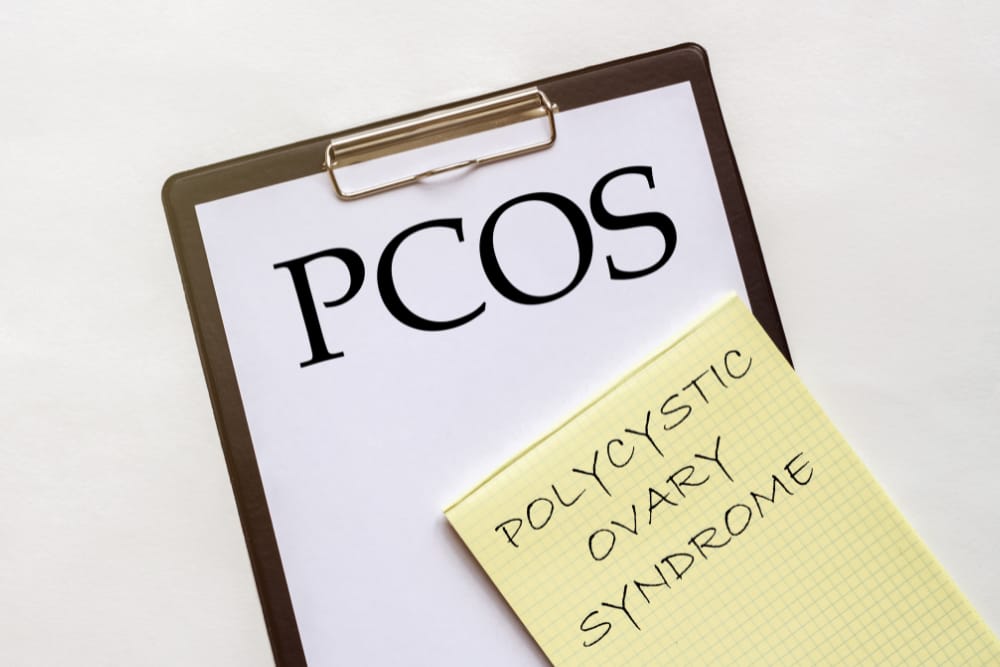Polycystic Ovary Syndrome (PCOS) is a complex hormonal disorder that affects millions of women worldwide. Characterized by elevated levels of androgen hormones, irregular periods, and enlarged ovaries with multiple small follicles, PCOS can lead to a range of health issues, including infertility and metabolic disturbances. While medical treatments exist to manage PCOS symptoms, a recent study suggests that a high-fat, low-carbohydrate diet known as the ketogenic diet may hold promise in improving various aspects of this condition.
Understanding PCOS
PCOS is often diagnosed based on the presence of at least two of the following signs: elevated levels of testosterone and other androgen hormones associated with male reproduction, irregular menstrual cycles, and enlarged ovaries containing multiple small follicles. These symptoms can have far-reaching consequences on a woman’s reproductive health, metabolic well-being, and overall quality of life.
The Keto Diet and PCOS
The ketogenic diet, commonly referred to as the keto diet, has gained popularity for its potential benefits in weight loss and metabolic health. Recent research has explored its effects on women with PCOS, and the findings are promising. The study published in the Journal of the Endocrine Society, and conducted by Dr. Karniza Khalid and her team at the Ministry of Health Malaysia in Kuala Lumpur, Malaysia, indicates that the keto diet may offer significant advantages for women with PCOS.
“We found an association between the ketogenic diet and an improvement in reproductive hormone levels, which influence fertility, in women with PCOS,” said Dr. Khalid. “These findings have important clinical implications, especially for endocrinologists, gynecologists, and dieticians who should carefully plan and customize individual diet recommendations for women with PCOS.”
The Study
Dr. Khalid’s team conducted a meta-analysis of clinical trials involving women with PCOS who followed the keto diet. They focused on the diet’s effects on reproductive hormones, including follicle-stimulating hormone, testosterone, and progesterone, as well as weight changes.
The results were noteworthy: Women with PCOS who adhered to the keto diet for at least 45 days experienced significant weight loss and improvements in their reproductive hormone levels. Their follicle-stimulating hormone ratio was lower, suggesting an enhanced likelihood of ovulation. Additionally, these women exhibited lower testosterone levels, which could help alleviate symptoms related to excess male sex hormones, such as excessive hair growth.
Future Implications
The potential benefits of the keto diet for women with PCOS are encouraging and warrant further investigation. These findings suggest that dietary interventions can complement existing medical treatments for PCOS and may provide a more holistic approach to managing this complex condition.
The study, conducted by Dr. Karniza Khalid and her team, received no external funding and adds to the growing body of research aimed at improving the lives of women with PCOS. While more research is needed to fully understand the long-term effects and safety of the keto diet for PCOS, these initial results offer hope to countless women facing the challenges of this syndrome.
In conclusion, the ketogenic diet may hold promise as a valuable tool in the management of PCOS, offering women with this condition a potential avenue for weight loss, improved reproductive hormone levels, and enhanced overall well-being. As the medical community continues to explore the relationship between diet and PCOS, personalized dietary recommendations tailored to each patient’s unique needs may become a more integral part of PCOS management.







